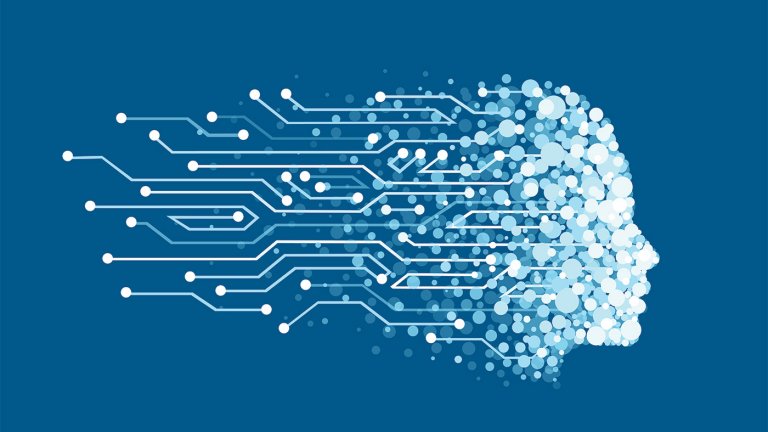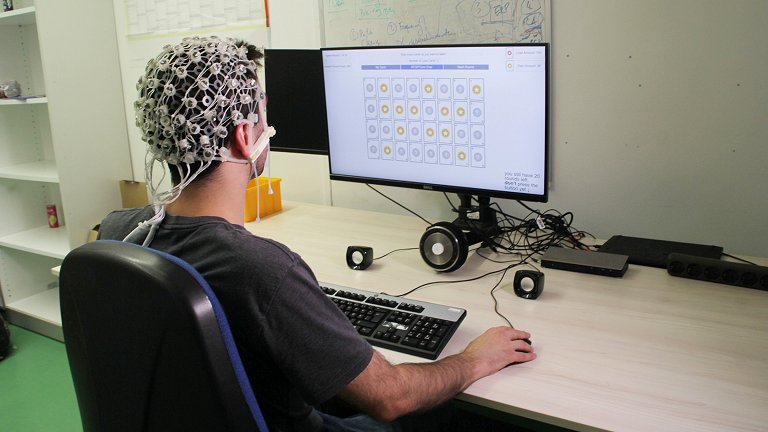06/02/2023
Health diary editor

People can be overconfident and make risky decisions when they think technology is enhancing their skills.
[Imagem: Feodora Chiosea]
Technology placebo
A few days ago, researchers from Norway proved that the placebo effect also works in physical training.
Now, a team from Finland has shown how the placebo effect kicks in when people expect their personal performance to improve through technologies such as artificial intelligence (AI).
But Stephen Villa and his colleagues at Aalto University have found that the gains made from believing in the technology can also have unintended side effects.
Volunteers who have higher expectations of these technologies participate in more risky decision-making, which can be problematic as people adopt these technologies without properly understanding their benefits and limitations.
“Individuals are more likely to take risks when they believe they are being augmented by cutting-edge technologies such as artificial intelligence or brain-computer interfaces,” said team member Robin Welch. “This is despite the fact that there is no actual optimization technique, which indicates that this is people’s expectations and not any measurable improvement. The results also suggest that a strong belief in optimization, based on a faulty system, can alter outlet decisions.”

The technology offered no benefits, but the participants believed it did, causing them to take more risks.
[Imagem: Robin Welsch/Aalto University]
The placebo effect of technology
Improving or enhancing technologies that increase our physical, cognitive or sensory performance has become commonplace. Some are being used so widely that they are becoming invisible—spelling, for example—and new technologies are emerging that promise to push our capabilities beyond human limits, such as exoskeletons and AI-based vision improvements.
But hype around these technologies also creates expectations, which can lead people to change their behaviour.
In the experiment, participants gained or lost points by flipping cards with hidden values. The 27 participants were led to believe that an AI-controlled brain-computer interface, a placebo, would improve their cognitive abilities by using binaural sounds to keep track of the cards they were charged losses.
But the game was rigged – the interface offered no real benefit and players faced almost no losing card. However, most of the respondents felt that technology helped them improve their performance, which made them take more risks. These findings show how pseudo-cognitive improvements can have real effects on decision-making.
“Artificial intelligence-based technologies that augment users are becoming increasingly common and play a role in real-life decisions affecting people’s lives, well-being, trust and security,” said Professor Thomas Koch of the University of Berlin. To ensure the efficacy of new technologies bypassing the fad, placebo-controlled studies are required to accurately evaluate and validate the differentiation of snake oil. [uma substncia sem valor medicinal] real innovation.”
condition: The placebo effect of human amplification: anticipation of cognitive increase increases risk-taking behaviour
Authors: Stephen Villa, Thomas Koch, Felix Grylka, Albrecht Schmidt, Robin Welch
Publication: Computers in Human Behavior
DOI: 10.1016/j.chb.2023.107787

“Wannabe internet buff. Future teen idol. Hardcore zombie guru. Gamer. Avid creator. Entrepreneur. Bacon ninja.”

